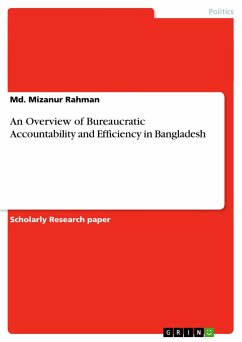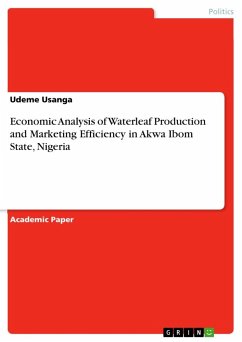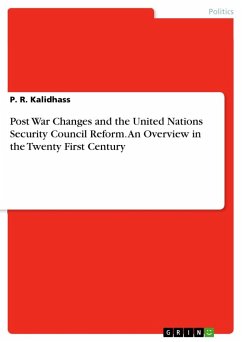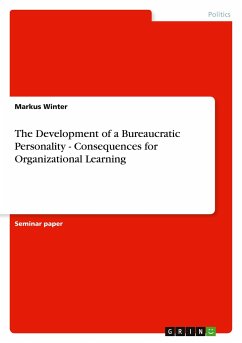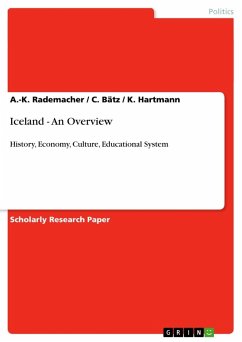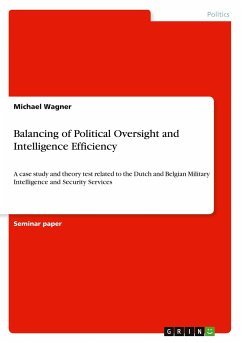Research Paper (undergraduate) from the year 2013 in the subject Politics - International Politics - Region: South Asia, , course: Graduate School of Public Administration (GSPA), language: English, abstract: In pluralistic societies, all over the world bureaucracy plays a predominant role for bringing social change, transformation, modernization and development. But in Bangladesh bureaucracy represents a dismal picture and suffers from various ills. Standing on the threshold of the 21st century when the whole world is experiencing cataclysmic change in the sphere of political transformation, economic globalization, technological innovation, media revolution and rapid growth of the nation states- it is now quite exigent to rearrange or reorganize the state machinery for coexisting with the changed world order. In consonance with the changes- the role, function and responsibility of bureaucracy should be devised in a way that it can ensure its productivity and efficiency by creating an enabling condition for development. Absence of efficiency, transparency, accountability, representational political culture, institutional weakness of political, social and economical apparatus and malfunction among those systems has made the bureaucratic system in Bangladesh despicable and disdainful. The paper, ipso facto, aims at unravelling the issues related with the concept of bureaucracy, the role of bureaucracy in the third world with special emphasis on Bangladesh, depicting a brief sketch about the traditional and development bureaucracy in Bangladesh. Lastly, but not the least, some suggestions to make the bureaucracy accountable, efficient and responsive to the people's demands and aspirations have been given.
Hinweis: Dieser Artikel kann nur an eine deutsche Lieferadresse ausgeliefert werden.
Hinweis: Dieser Artikel kann nur an eine deutsche Lieferadresse ausgeliefert werden.

